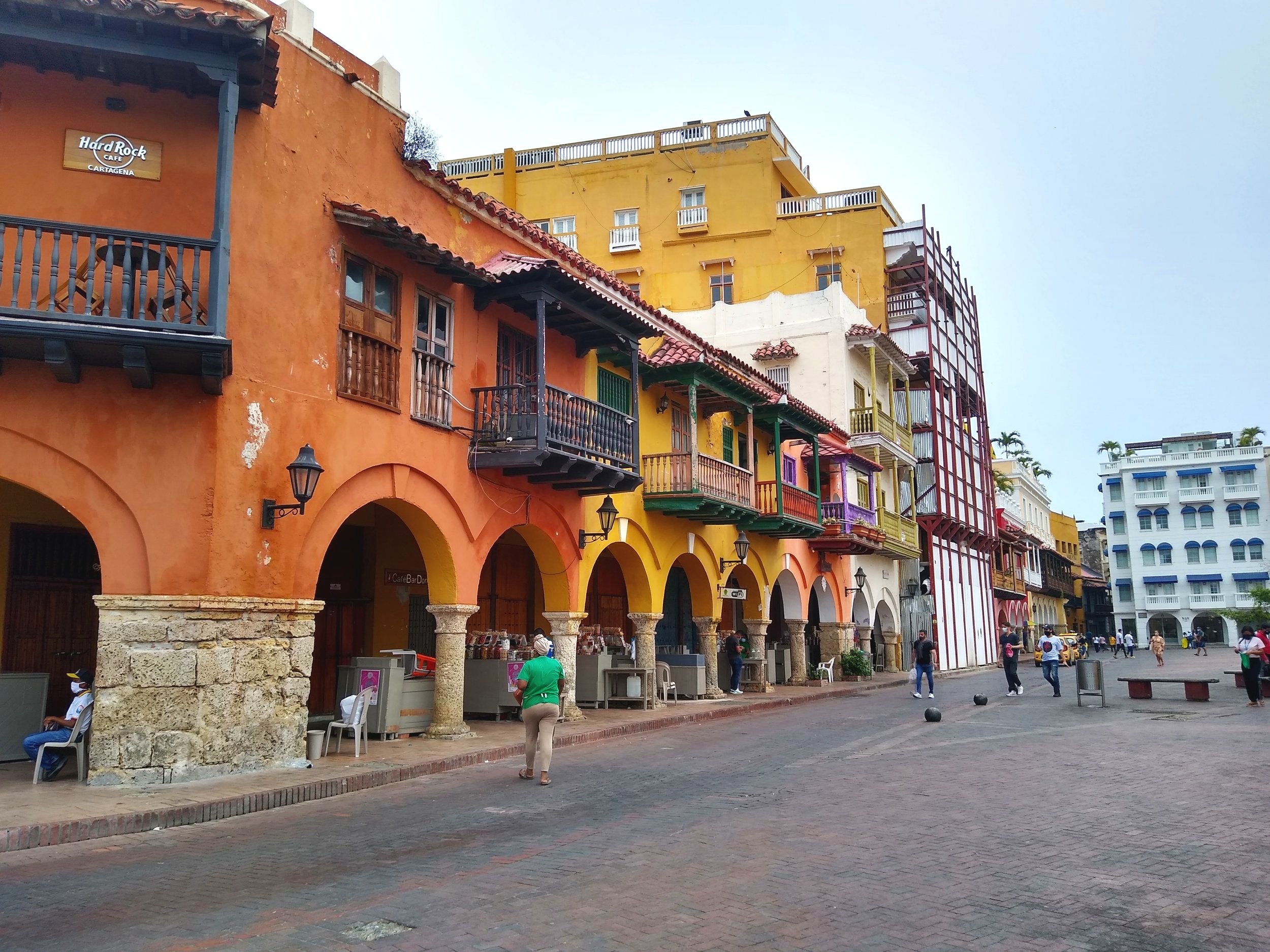
Buying Property in Colombia:
Notarias and a Notario’s role in a property purchase
Due to the critical role they play in any property transfer, it is important for any potential home owner in Colombia to have at least a cursory understanding of what a Notario and Notaria are before entering into a property transaction in Colombia.
Notarios and Notarias
A Notario is a powerful functionary who is entrusted by the Colombian government with the bureaucratic powers to review, authenticate, and register private and public documents. To become a notario, a person must be an licensed attorney, pass a rigorous bureaucratic exam, and are generally well-connected individuals. Notarios are private entrepreneurs who contract with the Colombian government to perform public functions but in smaller municipalities or less-populated regions they may be subsidized by the government.
A Notaria is the business run by a Notario and is usually composed of one Notario and a large support staff of attorneys and assistants. As Notarias are tightly controlled by the government, there are a limited amount of them in each city or region. They are always named according to number and location to make it easier to track any public documents that pass through them. Examples include Notaria Quinta de Cartagena (Fifth Notary of Cartagena) and Notaria 7 de Bucaramanga (Notary 7 of Bucaramanga).
Like utility companies, the amount a Notaria can charge is regulated by the government. Every Notaria charges the exact same amount for the same services. Notarias are only allowed to compete based on the quality of their services, facilities, and location. So if the other party in your property purchase tells you that they are getting a “discount” from a Notario they know, there is something happening that is not above board.
Notarias do not work on a first-come, first-serve basis, like a county clerk’s office does in the US. You must make an appointment regarding services pertaining to property transfers or you will not be seen.
Though the English “Notary” and the Spanish “notario” come from the same word root, a notario has much more bureaucratic power than a notary, though notarios do also notarize signatures.
A Notario’s role in a Property Transfer
In a property transfer, the notario (generally through their staff) will be the one who will check both the grantor’s and grantee’s identity documents, the paperwork connected to the sale, the property documentation, and then fill out the escritura publica.
The notario will then witness the signing and fingerprinting of the escritura publica and officially authenticate the document. This means that both the granter and grantee must physically go to the same notario to complete the property transfer, though they do not have to be there at the exact same time. This is different than the in the US for instance, where only the grantor needs to sign the deed of transfer to make it official. In Colombia, if the grantee does not sign, accepting the property, the transfer will not go through.
Finally, the notario provides the buyer with the authenticated escritura publica so that it may be registered at the Oficina de Registro de Instumentos Publicos. After this registration, the transfer becomes public and legally valid.
At Restrepo Legal, we can help you through every step of your property purchase to make sure it is problem free. From title searches to the drafting of a real estate contract, from fund transfers to the handing over of the keys, we will help you protect your investment and make sure you will be able to enjoy it for years to come. Contact us now if you want peace of mind regarding your real estate purchase in Colombia.
